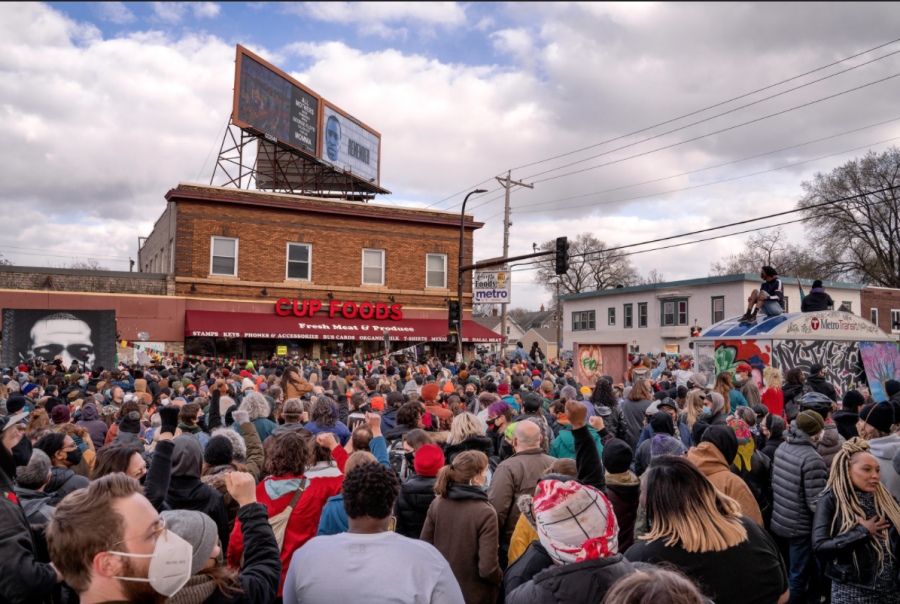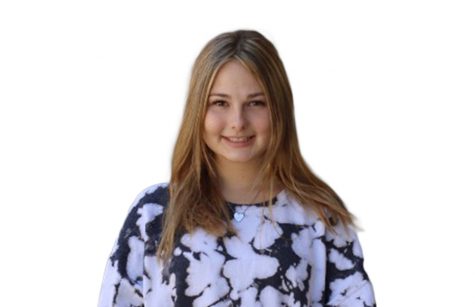The announcement that former Minneapolis police officer Derek Chauvin was found guilty of second-degree murder, third-degree murder, and second-degree manslaughter elicited reflection and celebration across the nation.
Last spring, a video of Chauvin kneeling on George Floyd, a Black man, for nine minutes and 31 seconds went viral. Floyd repeatedly stated, “I can’t breathe,” as he gasped for air under Chauvin’s knees. To many, the video was a clear view of the dehumanization Black Americans continuously face at the hands of law enforcement.
Floyd’s death sparked some of the largest civil rights protests in decades. Mass protests, as well as incidents of riots and looting, began across the country.
“George Floyd’s death made me really angry when I heard about what happened,” junior Ari Ravi said.
Chauvin’s verdict had been long-awaited; it came a little over 11 months after the incident occurred, but not before jurors in the officer’s trial heard testimony for 15 days and deliberated for 10 hours.
“I was anxious to see what the jury decided. I kept refreshing my news apps,” Ravi said.
The verdict was read at 4 p.m. on April 20 in Minneapolis, where the community reacted with tears of joy and celebration. Hundreds of people gathered in the newly-named George Floyd Square to celebrate justice being served. Bystanders reported watching people throw money in the air and strangers embracing.
Back in California, the verdict was announced while Cindy Shusterman was teaching an Advanced Placement (AP) Seminar class.
“I was deeply invested in the Derek Chauvin case and was anxious to hear the verdict,” Shusterman said.
After the verdict was read, Shusterman encouraged her students to talk with her during office hours about the event.
“Acknowledging what’s going on is so important. It can be really impactful to students,” she added.
Chauvin’s conviction is only the second time a police officer has been convicted of murder in Minnesota. It is the first time a conviction has been won against a white officer who killed a Black man.
Many people around the country pointed to this rare prosecution of a police officer as a victory in the fight to stop police brutality against people of color. But what happens next?
Chauvin is currently in jail and awaits his sentence. It won’t come for another eight weeks, around the second week of June, when Judge Peter Cahill will make his decision.
The three other police officers present at the scene of the murder – Tou Thao, Thomas Lane, and J. Alexander Kuen – will go to trial later this year.
The Justice Department is launching an investigation into whether the Minneapolis Police Department “engages in patterns of unconstitutional policing,” Attorney General Merrick Garland said Wednesday morning. Known as the pattern-or-practice probe, the inquiry aims to determine whether Minneapolis officers use excessive force, discriminatory policing, or other tactics to violate citizens’ rights on a regular basis.
Shusterman noted that the news of Chauvin’s guilt was a pivotal moment in history that will continue to impact Americans for years to come.
“Chauvin’s verdict will be one of those things where people will be like, ‘I remember where I was when it happened,” Shusterman said.












